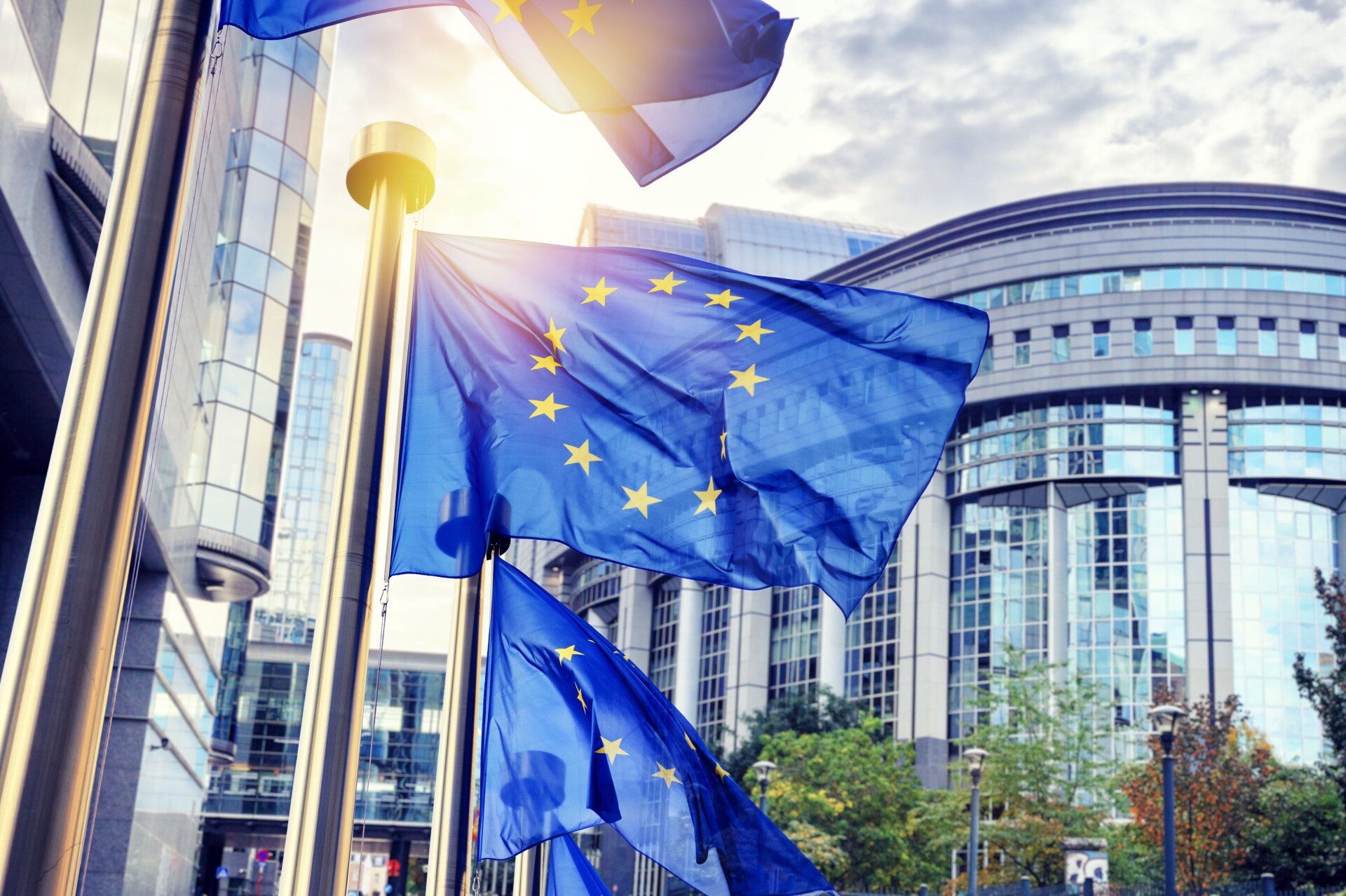The European Union (EU) is actively seeking opportunities in Africa to support clean jet fuel projects as part of its Global Gateway infrastructure fund. This initiative, aimed at promoting environmentally sustainable air travel, is expected to experience a significant surge in demand. The EU has committed to allocating half of its 300 billion euro ($324 billion) infrastructure plan, which is considered a rival to China's Belt and Road Initiative, to Africa.
The Global Gateway fund has already provided support to renewable energy plants, green hydrogen initiatives, vaccines, and education projects in Africa. Now, the EU is turning its attention to sustainable aviation fuel (SAF) and exploring potential co-financing mechanisms and guarantee instruments. An EU Commission spokesperson, Stefan De Keersmaecker, stated that SAF production in Africa holds great potential.
SAFs are low-carbon fuel alternatives for the aviation industry, capable of being produced from various crops and other feedstock sources. To facilitate the development of SAF, the EU plans to launch a 4 million euro capacity-building project by December 31, focusing on supporting SAF feasibility studies and certification in 11 African countries and India. Selected projects, following feasibility studies, may receive funding from the Global Gateway.
The aviation sector currently contributes over 2% of global energy-related emissions. To address this, the EU has set emissions reduction targets that will require airlines to increase their usage of SAF. According to the International Air Transport Association, this will result in an annual global demand of 450 billion liters of SAF by 2050. Africa's vast under-utilized agricultural land has become increasingly appealing for SAF production.
However, establishing feedstock supply chains in Africa poses challenges due to poor infrastructure, limited refining capacity, and inadequate regulations, which could potentially cause project delays and increased costs. Local manufacturing is viewed as the most effective approach to reducing the cost of SAF in Africa and ensuring sustainable production, as highlighted by Allan Kilavuka, CEO of Kenya Airways.
Despite the challenges, companies such as Eni from Italy, Sasol from South Africa, Linde from Germany, and Danish firm Topsoe are actively investing in African SAF and biofuel projects. The African Civil Aviation Commission aims to launch SAF production in at least two African countries within a few years, with the potential for a third.
Overall, the EU's exploration of clean jet fuel projects in Africa reflects its commitment to supporting sustainable aviation and creating a greener future for the industry.











